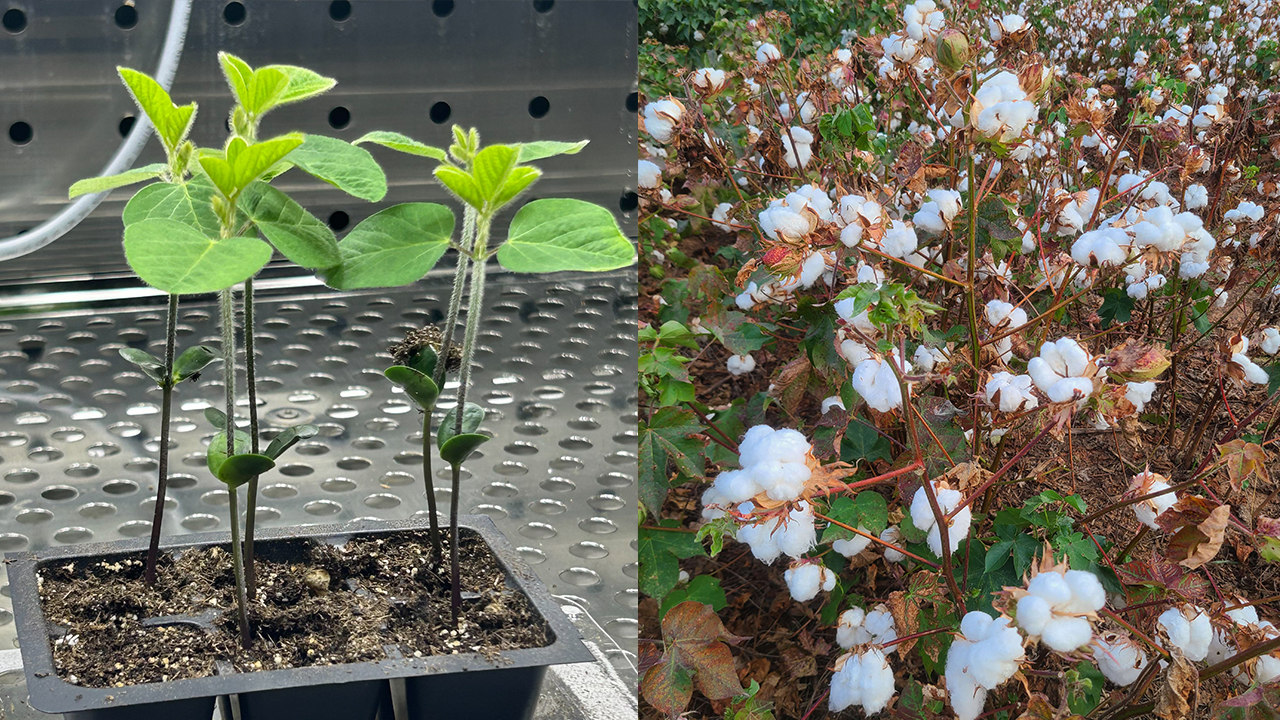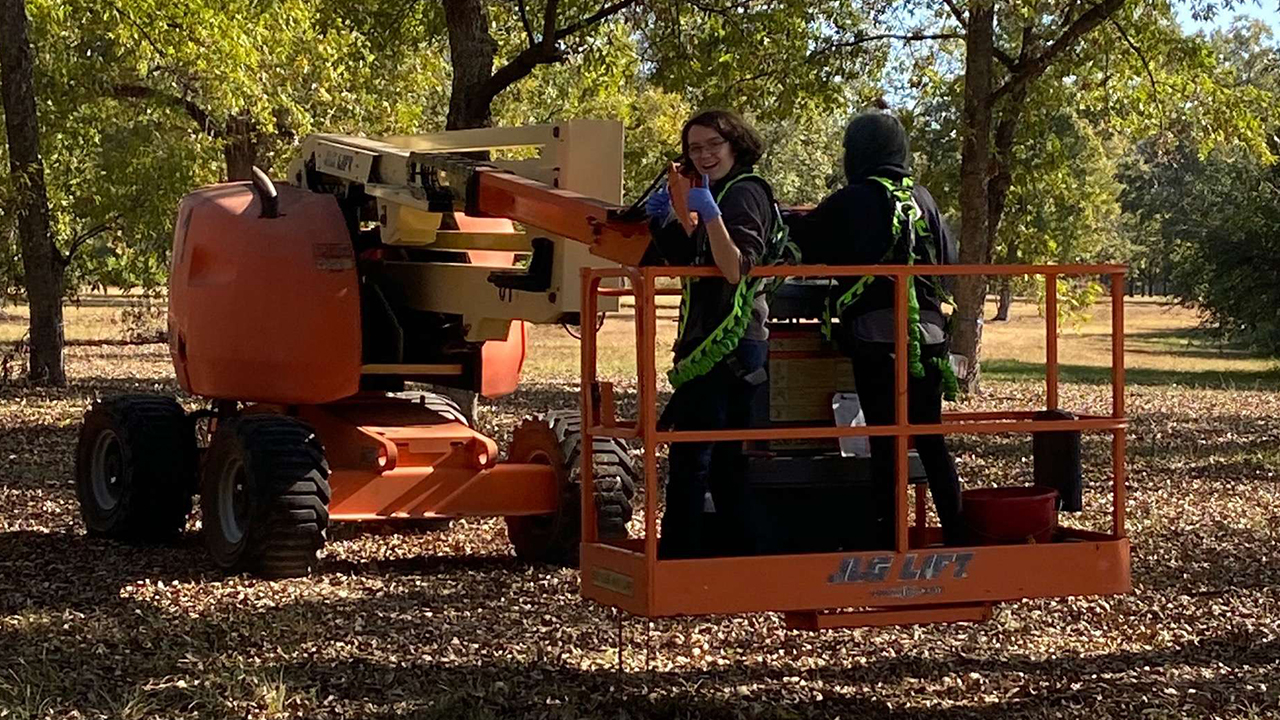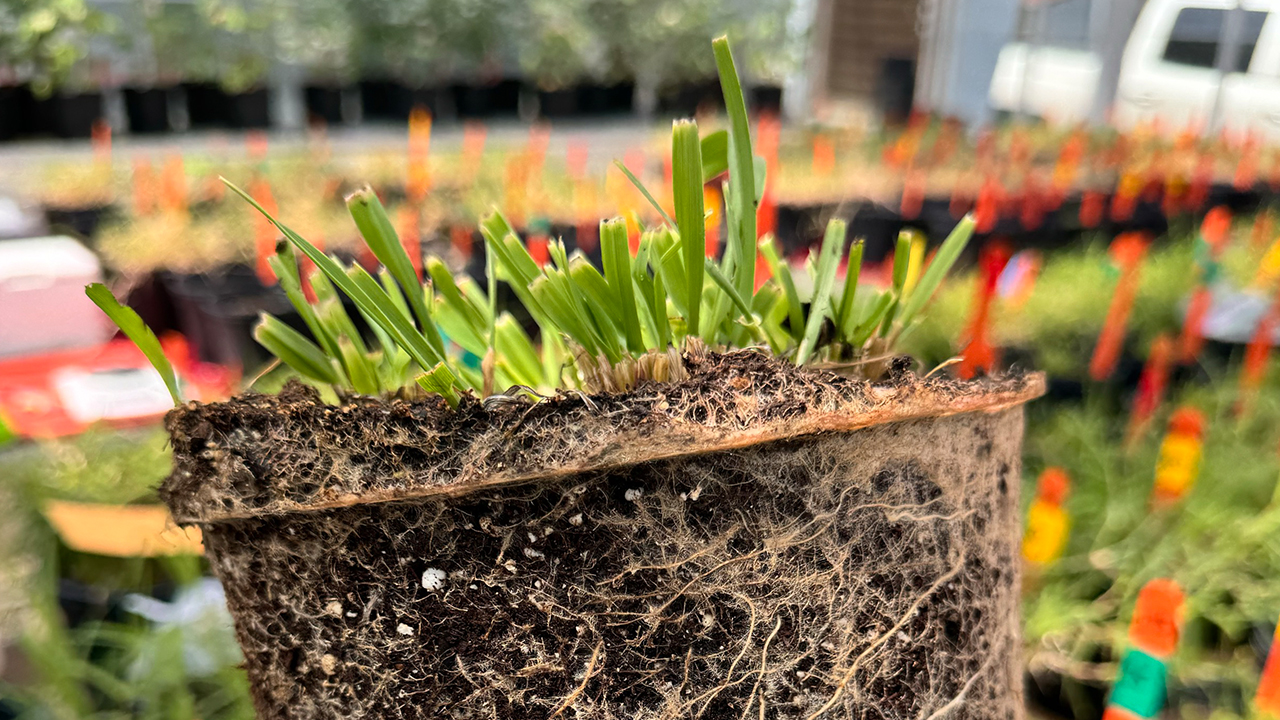Research
CURRENT RESEARCH
CRACKING THE SEED COAT: SPERMOSPHERE AND SEEDLING MICROBIOMES

Add water, and the seed comes to life – this starts an intimate relationship with the microbial community. Seeds imbibe water, releasing nutrient-rich seed exudates that fuel the initial interactions between soil and seed microbes. However, many of these interactions are still a mystery. The interactions around a seed, termed the spermosphere, are critical since the outcome can determine the survival of the crop within 12-24 hours. We aim to better understand this critical plant environment and how microbiomes form and function from when a seed is planted to when it emerges from the soil. Implications of this research can include a better understanding of how microbiomes form and function, better predictability of seedling emergence, and better efficacy of seed treatments.
Blowing in the Wind: Phyllosphere Yeast Ecology

The phyllosphere is one of the largest habitats on earth, but it is less studied than other plant habitats, such as the rhizosphere or soil. The phyllosphere environment can be subjected to biotic, abiotic, and anthropogenic disturbances. The Noel lab aims to investigate the phyllosphere environment through the lens of the less-studied yeast fungi, which can be found easily on leaf surfaces. We are developing culture collections, sequencing, and annotating genomes to describe new species and understand their survival in a phyllosphere.
Emerging from the Soil: Beneficial Microbes and Their Effects on Plants

Manipulation of microbial communities for implementing services that microbes play for crops is a grand scientific challenge. We aim to understand the effects of bacterial and fungal inoculants on the form and function of the microbiome. This research aim involves the development of tools for directly quantifying microbes, building and maintaining culture collections of plant-associated microbes, and developing new solutions for plant health.
Research Opportunities
GRADUATE STUDENTS
Ph.D. or M.S. Students interested in joining the lab should contact Dr. Noel directly via email. We seek motivated graduate students interested in plant pathology research at all levels that want to do cutting edge research within the areas of fungal/microbial ecology and evolution, microbial interactions, and biocontrol.
POSTDOCTORAL RESEARCHERS
The lab seeks postdoctoral researchers with experience in but not limited to microbial ecology, plant pathology, microbial evolution, microbe-microbe interactions, and genomics. Candidates should have strong computational skills, should demonstrate the ability to work independently, and should have an unwavering passion for science!
If interested, please contact Dr. Noel directly via email with a C.V. and briefly describing your relevant experience and research interests.
